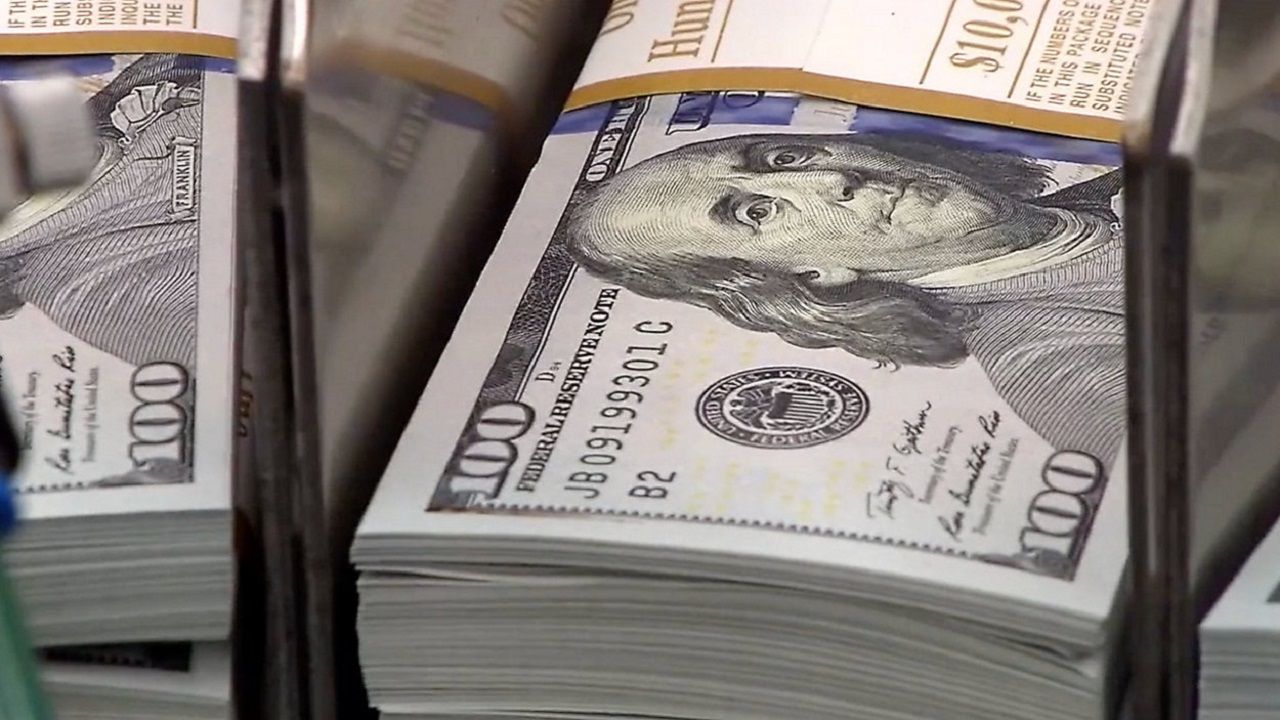Democrats in the state Senate and Assembly over the weekend released budget proposals that would lead to billions of dollars in new taxes on wealthy New Yorkers in order to close a remaining gap in state spending and funding education and health care in the process.
The budget resolutions for each of the two houses of the state Legislature, where Democrats hold supermajorities, are close to each other in outlook and goals. The resolutions themselves are blueprints for the budget negotiations, a staking out of positions by each chamber.
Both plans are being applauded by progressive groups that have pushed for higher taxes on the rich, especially as the COVID-19 pandemic has revealed deep economic inequalities over the last year and led to a spike in unemployment.
Business groups are likely to oppose the measures, however, given the concerns over attracting and keeping private sector investment in the state during a recession, as well as keeping the rich themselves from leaving New York — a point of contention in the debate over increasing the personal income tax.
Assembly Democrats proposed a combined $7 billion in new revenue. The conference wants to increase the top income tax rate from 8.82% to 9.85% for single filers who earn more than $1 million and couples who file jointly earning more than $2 million.
Two new tax brackets would be added for those who earn between $5 million and $25 million, reaching 10.85% and 11.85% for those who earn more than $25 million. The changes would net the state $4.3 billion in new revenue.
And the Assembly Democratic budget plan would add a 1% surcharge for capital gains for those who earn more than $1 million annually, generating $700 million. A new 18% surcharge would be applied for corporate franchise taxpayers, corporate utility taxpayers, and insurance taxpayers.
And Assembly Democrats are backing a "progressive tax" on those with high-value second homes in New York City, generating $300 million.
“I have always said New York had significant needs before the COVID outbreak and they have only been made more dire because of this unprecedented healthcare crisis. Our state budget must meet the moment, and we in the Assembly Majority are committed to meeting the needs of all New Yorkers,” Speaker Carl Heastie said.
“We are receiving significant federal funding, but we must also ask those who can do more to step up and help. The COVID-19 pandemic impacted every aspect of our lives, and we need to make investments that will aid in our state’s recovery, while ensuring that New Yorkers continue to have access to the vital services they need.”
Senate Democrats are taking a similar approach. The conference's budget resolution would create a surcharge on upper income earners, modifying Cuomo's own proposal that lasts for three years, leading to an additional $4.15 billion in revenue.
The state Senate Democrats also want a 1% tax on income from capital gains, as well as an increase in the corporate franchise tax by 3%. And the Senate is backing the reintroduction of the capital base test for corporate franchise tax, leading to $151 million for the state.
“This budget process is a major opportunity to help lead New York through the ongoing dark days of the COVID-19 pandemic and lay the foundation to grow stronger in the future,” Senate Majority Leader Andrea Stewart-Cousins said.
“The proposals in this resolution put forth fairness, fiscal responsibility, and smart investments to ensure economic stability and the delivering of services so many of our neighbors depend on. This resolution is also a testament to our commitment to establishing fiscal equity and investing in the long-term success of New York State. The Senate Majority will continue to work diligently in the coming weeks to pass a timely, balanced and ethical budget.”
Gov. Andrew Cuomo had previously proposed a personal income tax rate increase for those who earn more than $5 million a year under the assumption the state would receive only $3 billion in direct aid from the federal government as part of the recent stimulus package.
New York will now receive $12.5 billion — but Cuomo has not ruled out backing a tax increase in some form for the budget. A plan is due to pass by the end of the month.
Correction: This story incorrectly referred to a phase-out period for the Senate Democratic proposal. The tax increase does not phase out.



